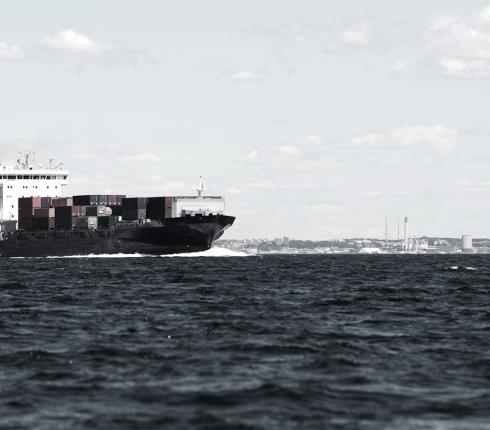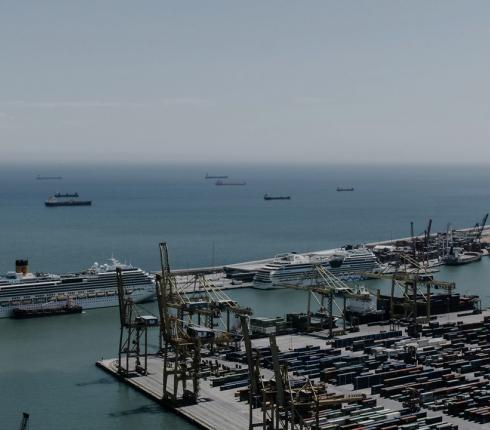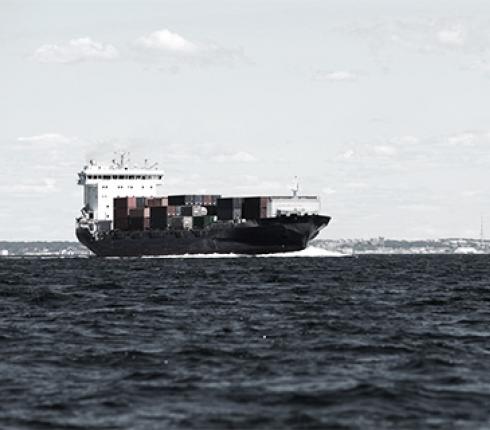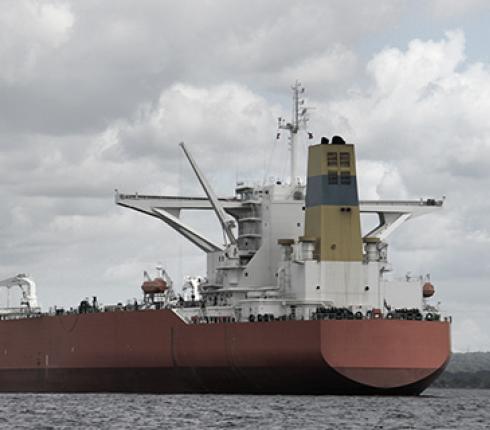Jurisdiction agreement was applicable in a case concerning the loss of goods
In a new case, the Danish Supreme Court ruled on whether the Brussels I Regulation (recast) applied to the transport of goods from Shanghai in China to Copenhagen in Denmark. Even though the transport took place under a maritime transport agreement between a Danish carrier and a Danish sub-carrier, the Supreme Court considered – contrary to both the district court and the high court – the legal relationship to be international. Thus, the concluded agreement on jurisdiction could not be disregarded under the rules of the Danish Merchant Shipping Act.
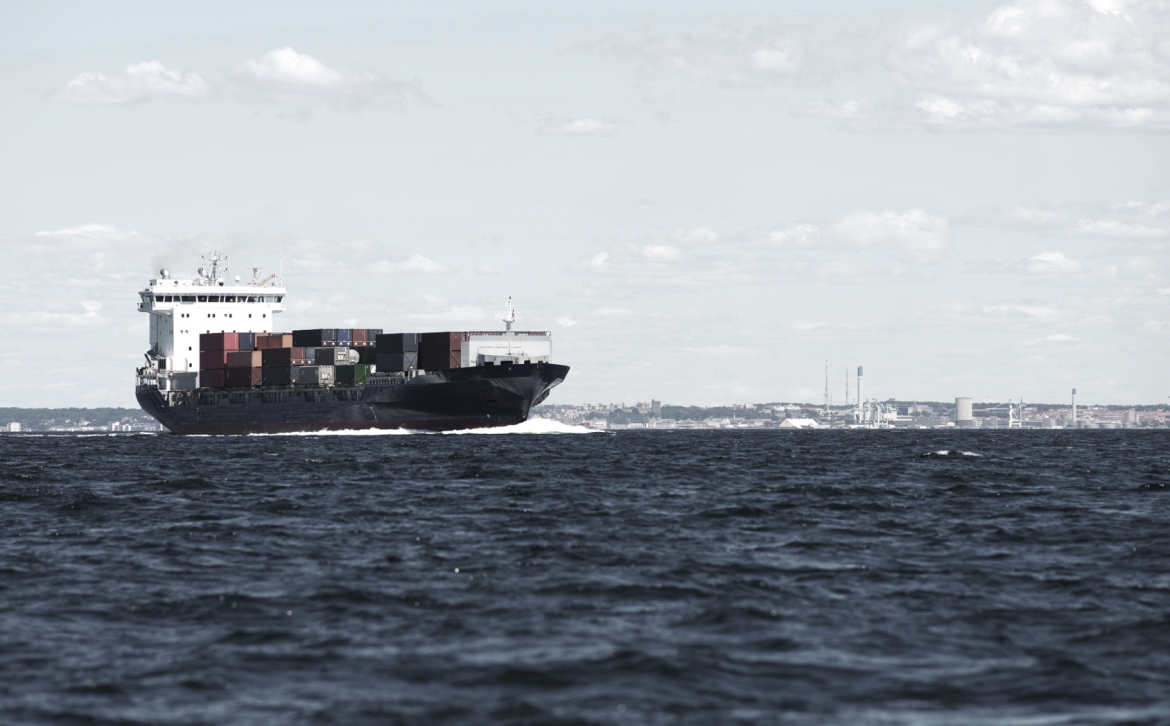
The circumstances of the case
In 2017, a Danish industrial company ordered transport of some high-pressure cleaners from Shanghai to Copenhagen and, in this context, concluded a transport agreement with a Danish freight forwarder. The freight forwarder then forwarded the maritime transport to a Danish sub-carrier.
The ship was caught in a severe storm during maritime transport and lost three containers in the Mediterranean Sea. The goods insurance paid compensation to the Dan-ish industrial company and was subsequently subrogated to the company's claims against the freight forwarder. However, during the recourse proceedings, the freight forwarder made the sub-carrier a party to the proceedings, as the sub-carrier had been in charge of the maritime transport during which the goods were lost.
The Brussels I Regulation (recast) applies to international civil and commercial matters. In a case such as this one between two Danish parties, this will basically mean legal action before a court in Denmark. This was also the agreement between the Danish industrial company and the freight forwarder. However, the consignment note between the freight forwarder and the sub-carrier stated that disputes arising from their relationship had to be settled by the court in England.
The application of the Brussels I Regulation (recast) rules is subject to the condition that there is an international legal relationship. Therefore, the court in Denmark had to assess whether the standard terms of the sub-carrier could be considered to have been agreed between the parties and thus whether the action should be brought in Denmark or in England.
The district court and the high court both considered that this was not an international legal relationship. Therefore, the parties could not validly agree to derogate from the rule laid down in Section 310(1) of the Danish Merchant Shipping Act. Under this rule, a case must be brought against a party at the place where the goods are to be delivered or where the party has its principal place of business.
Therefore, there was jurisdiction in Denmark, and it was emphasized in this connection, among other things, that it was a Danish freight forwarder, a Danish sub-carrier, and a Danish customer with delivery in Denmark.
The decision of the Supreme Court
Contrary to both the district court and the high court, the Supreme Court considered that the case constituted an international legal relationship. In this connection, the Supreme Court emphasized that both carriers were professional companies within international transport and that the dispute between them arose from goods lost during maritime transport from China to Denmark.
According to the Supreme Court, the Brussels I Regulation (recast) thus applied to the legal relationship.
NJORD Law Firm's comments
If the parties have concluded a jurisdiction agreement referring to a country covered by the Brussels I Regulation (i.e., an EU country), the exception in section 310 of the Danish Merchant Shipping Act applies. The Brussels I Regulation (recast) is a source of EU law and was initially intended to apply to cases between parties residing in different EU countries. The Supreme Court has now ruled that the regulation also applies to two (Danish) companies in the same country if only the legal relationship is of the necessary international nature.
The judgment even illustrates that, in its assessment of whether the transport as a whole is to be regarded as international in nature, the court should consider whether the transport in question is actually carried out by the foreign subsidiary of a parent company.
Because of Britain's exit from the EU, it is natural to note that this had no independent bearing on the assessment of the jurisdiction issue, as Britain was still a member of the EU when the case was brought before the court. However, it will be interesting to see how Brexit will impact future instances in which a jurisdiction clause refers to English courts.









